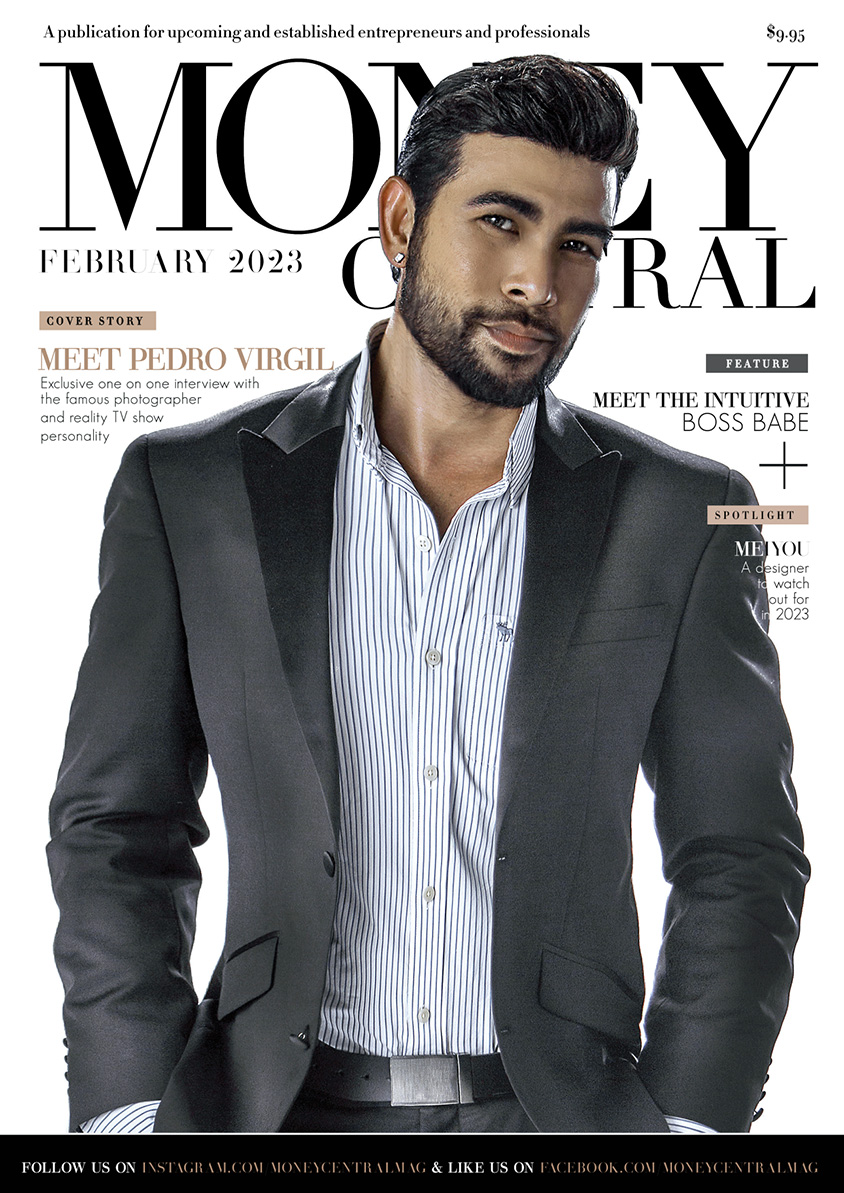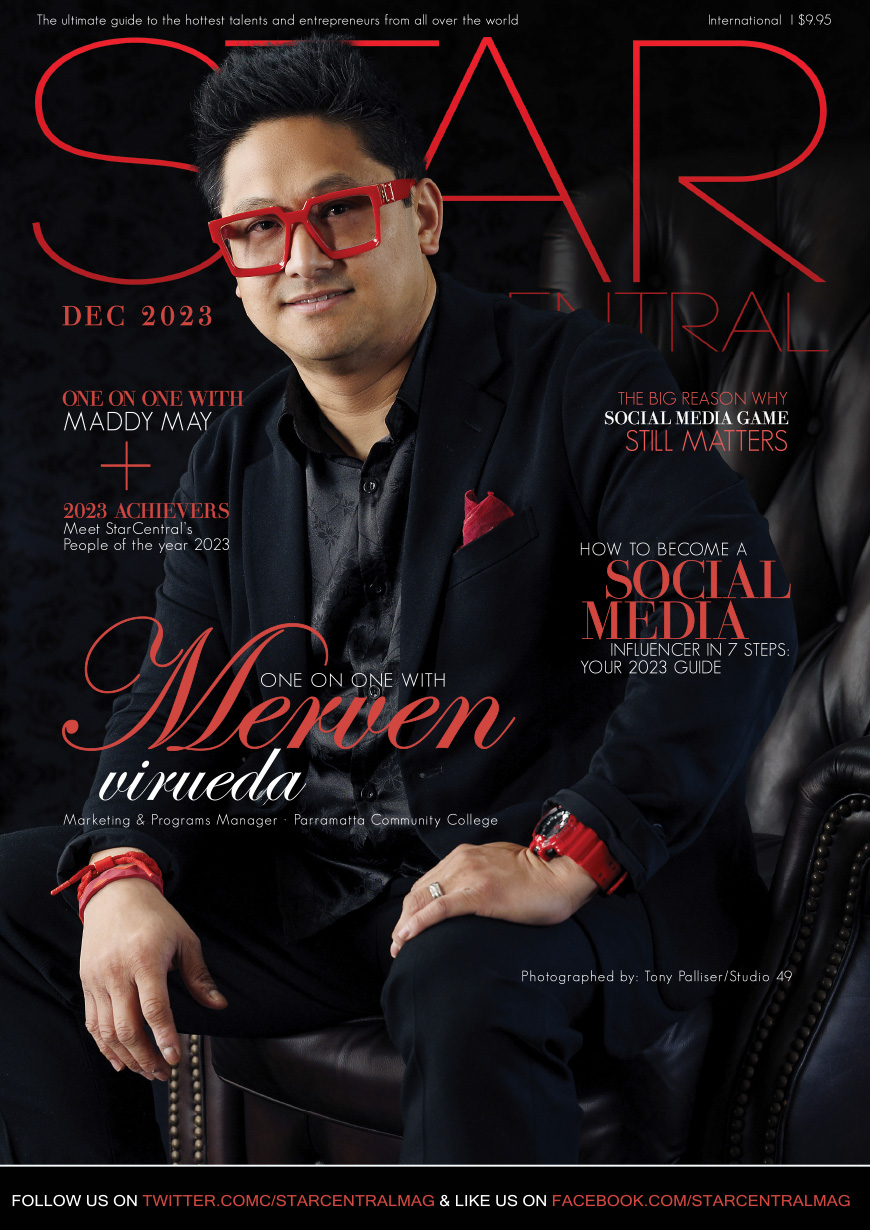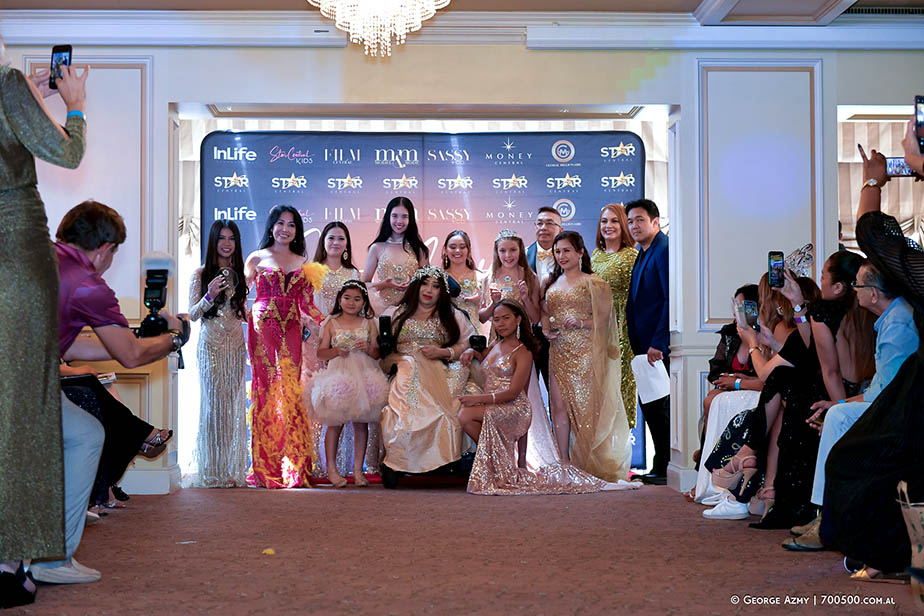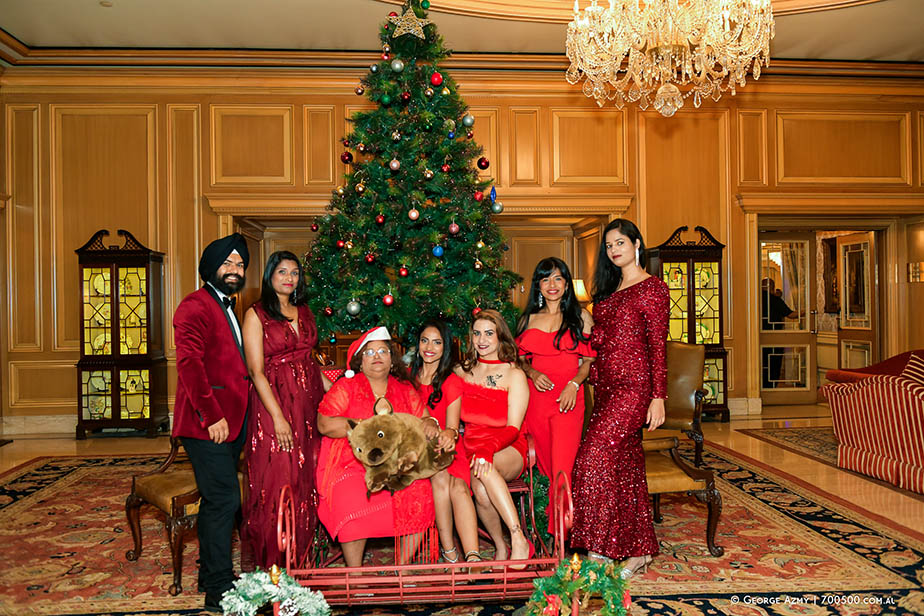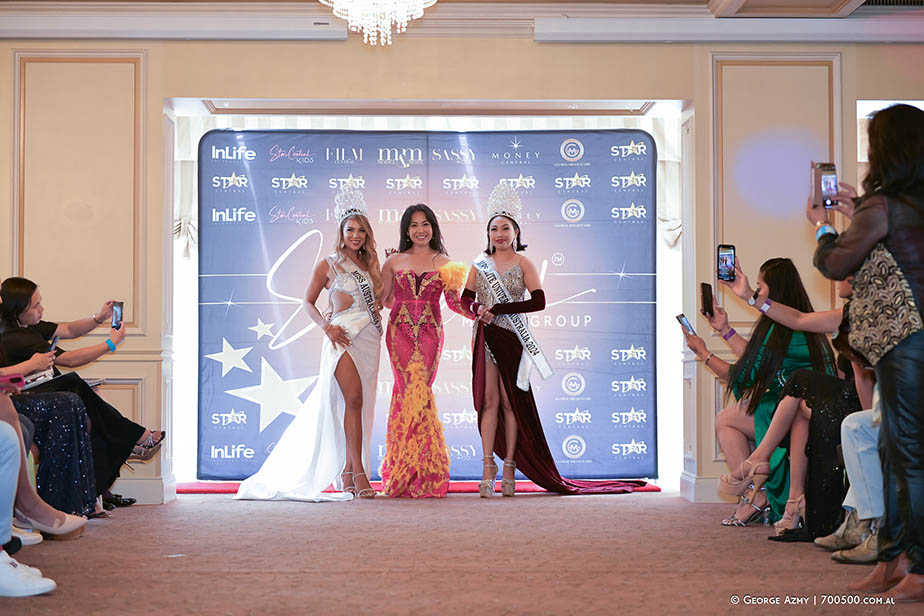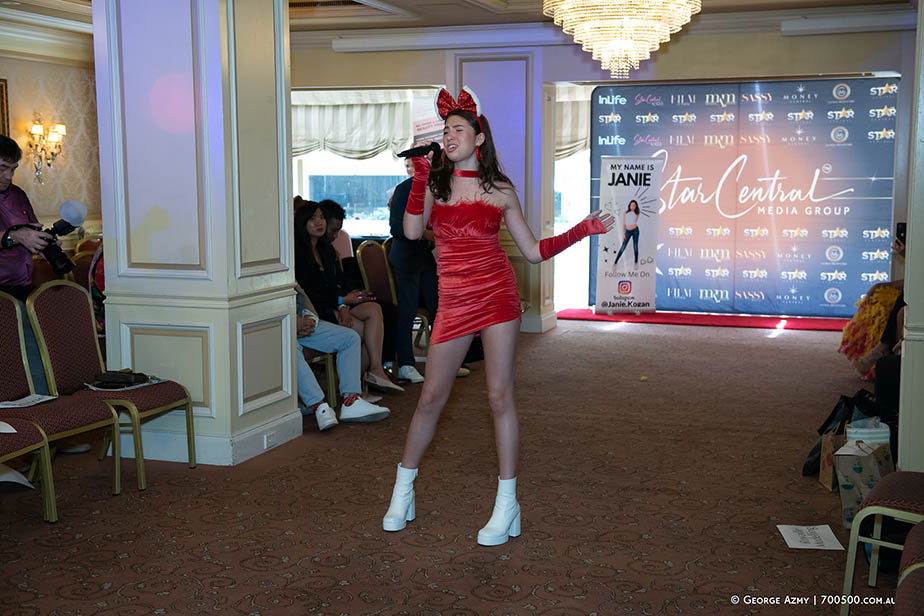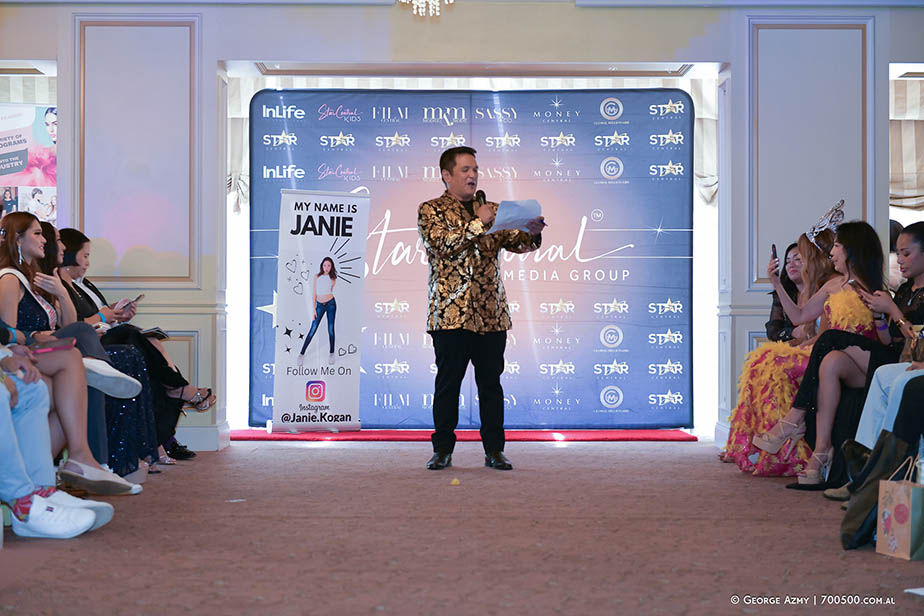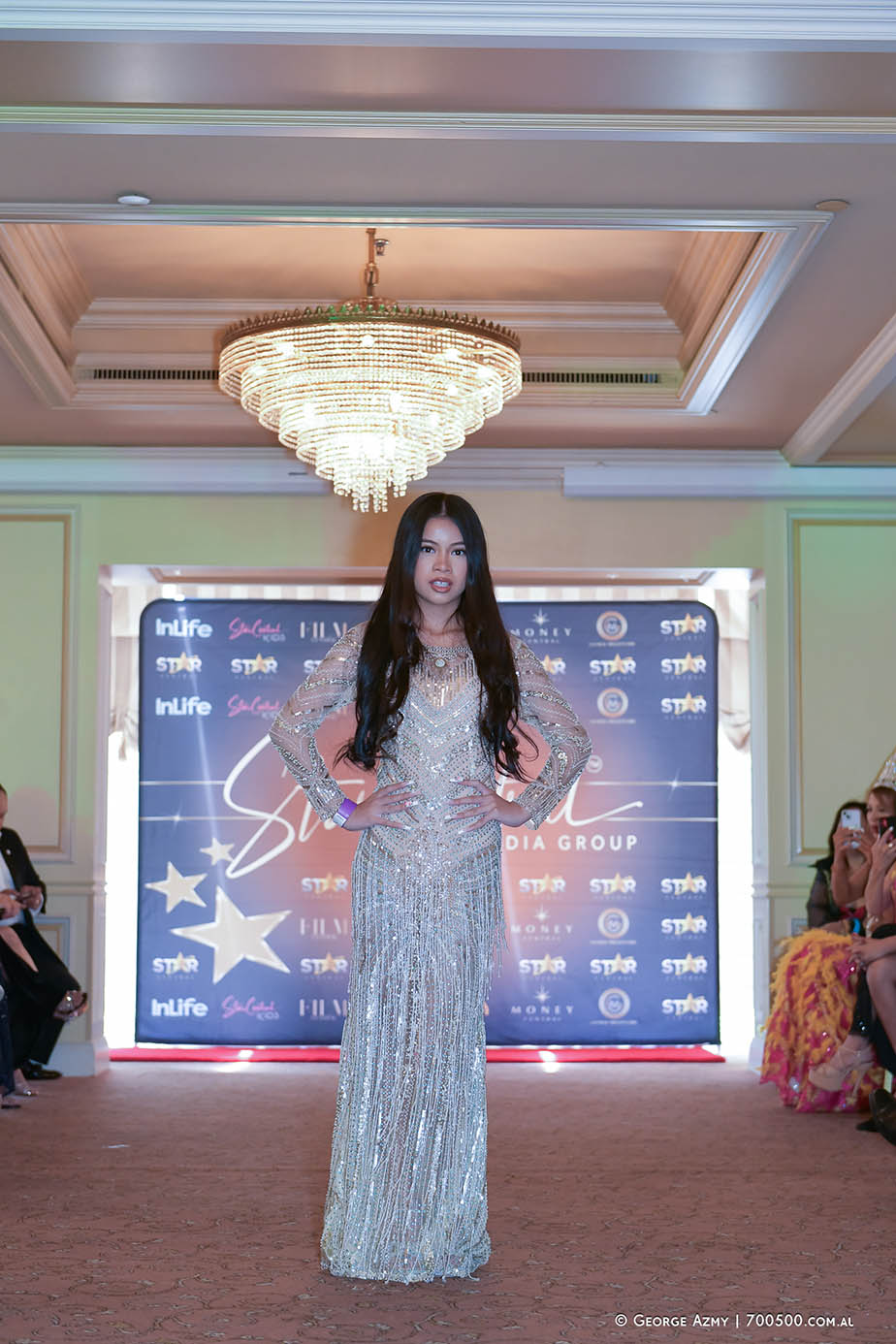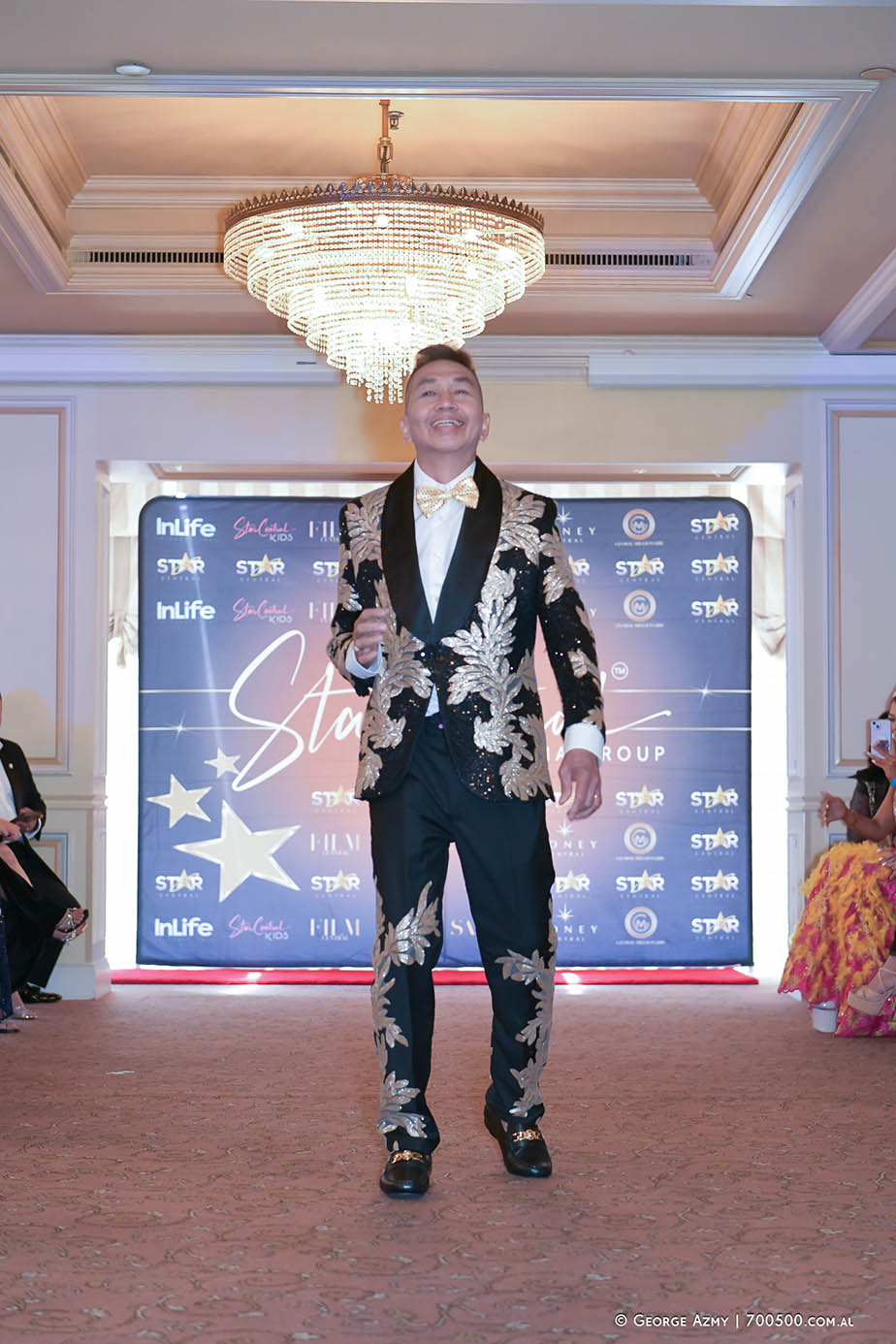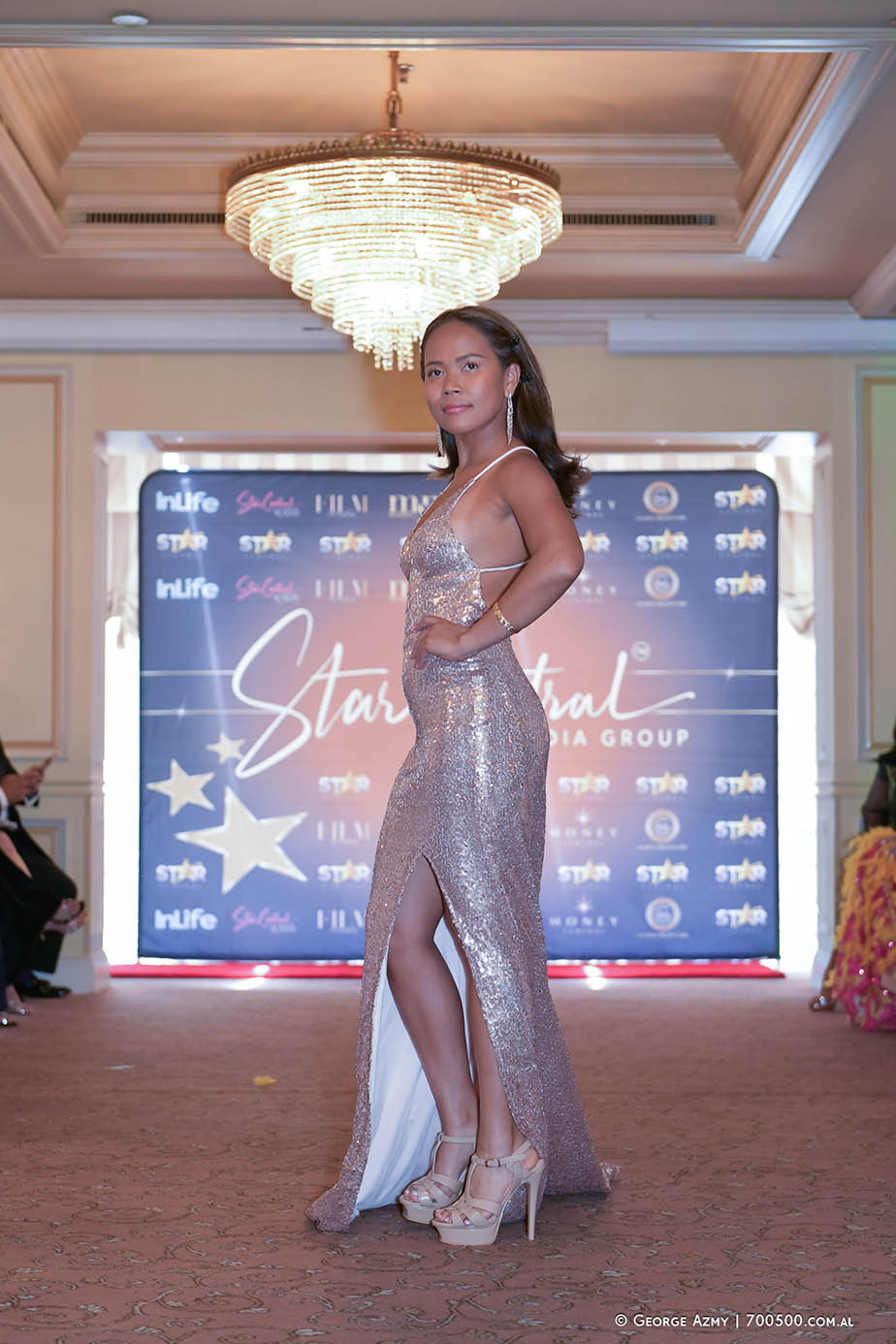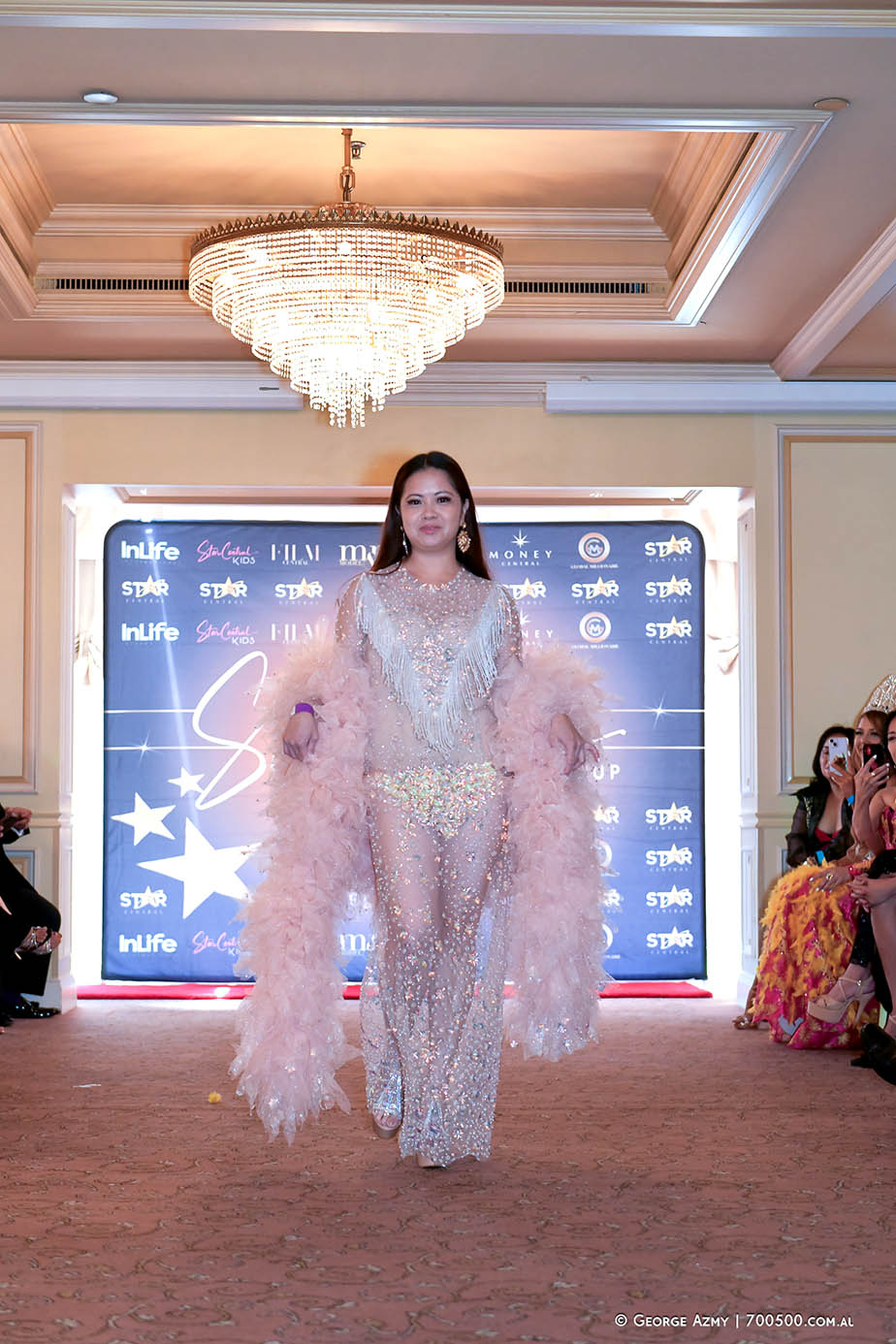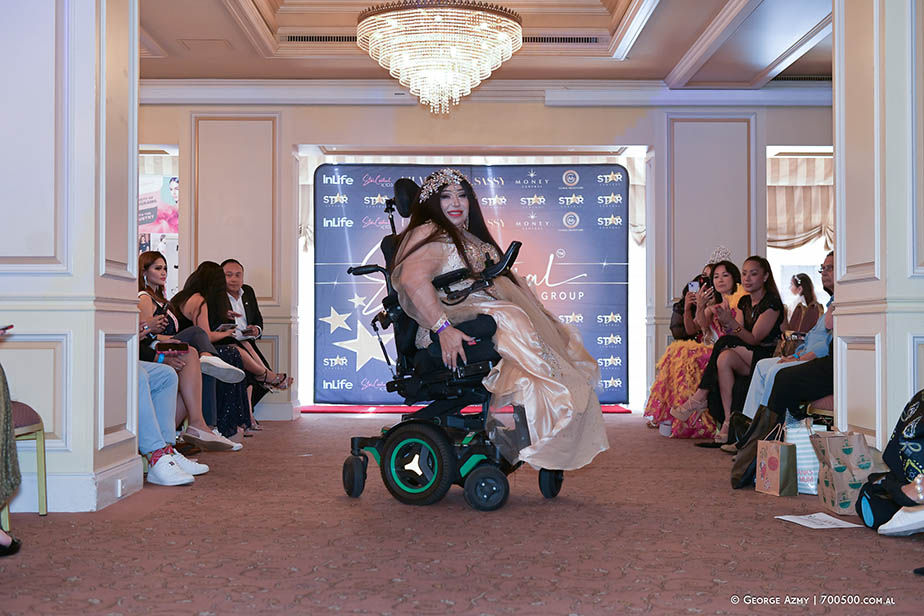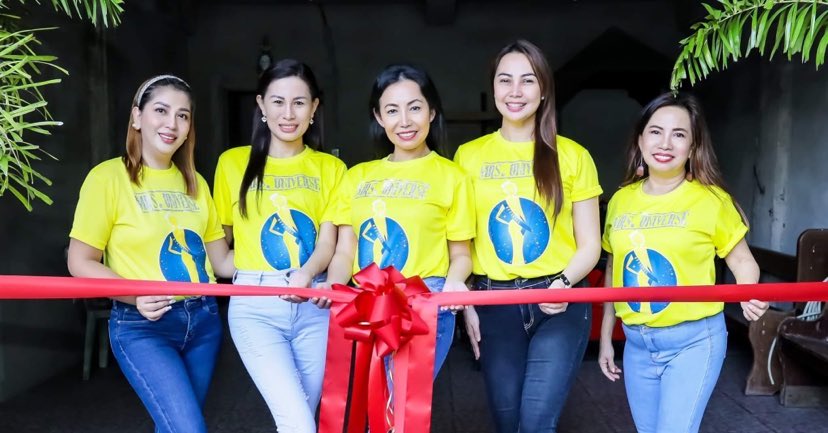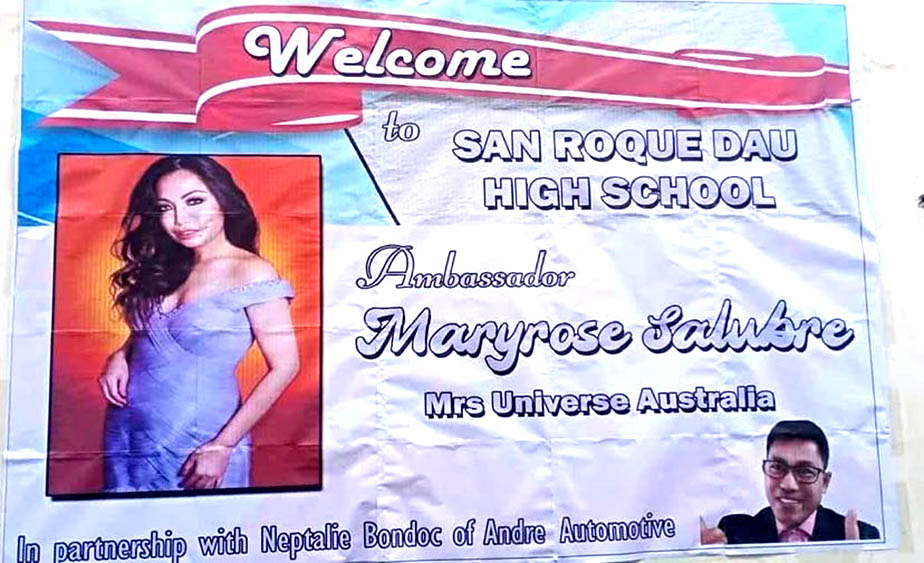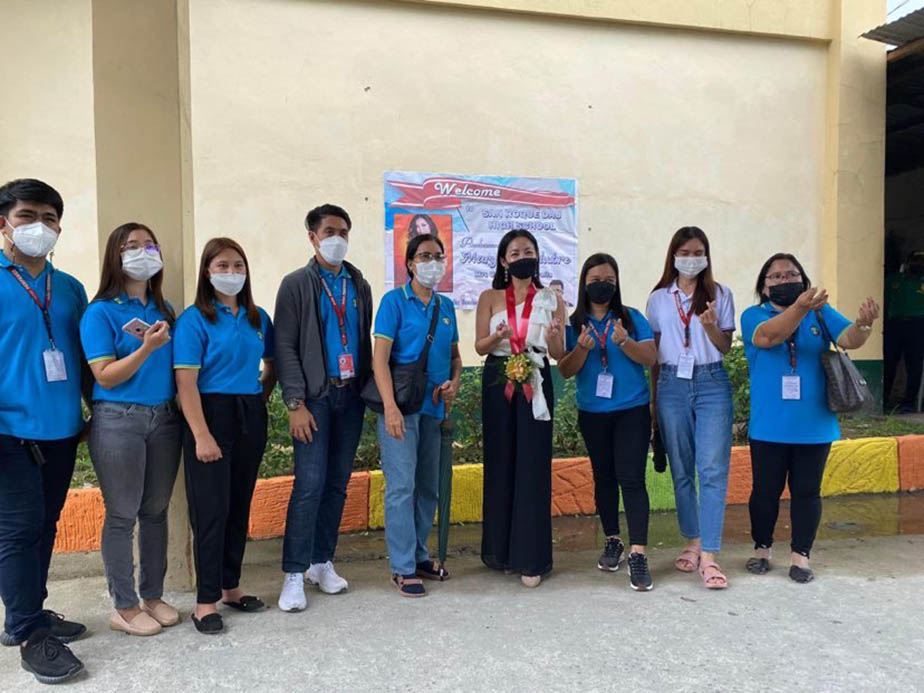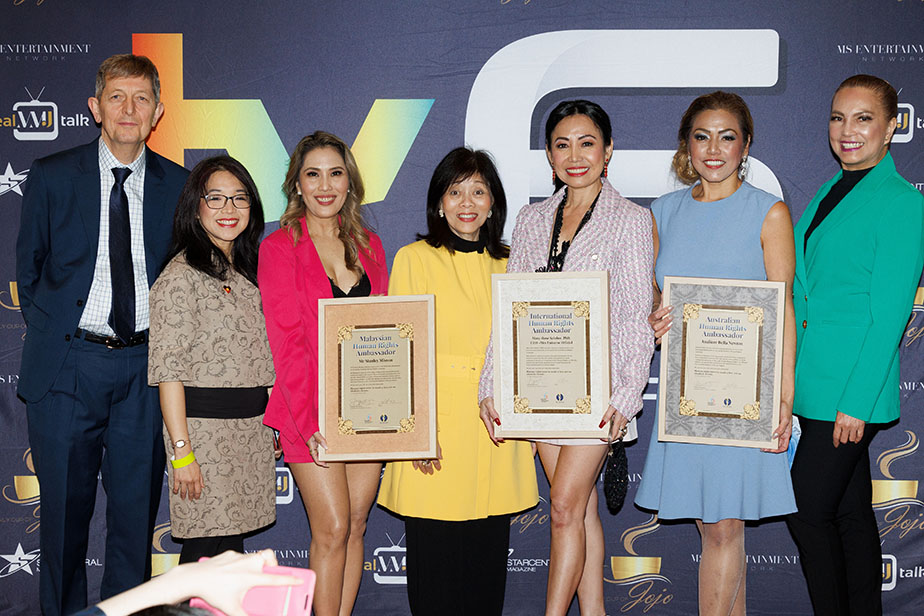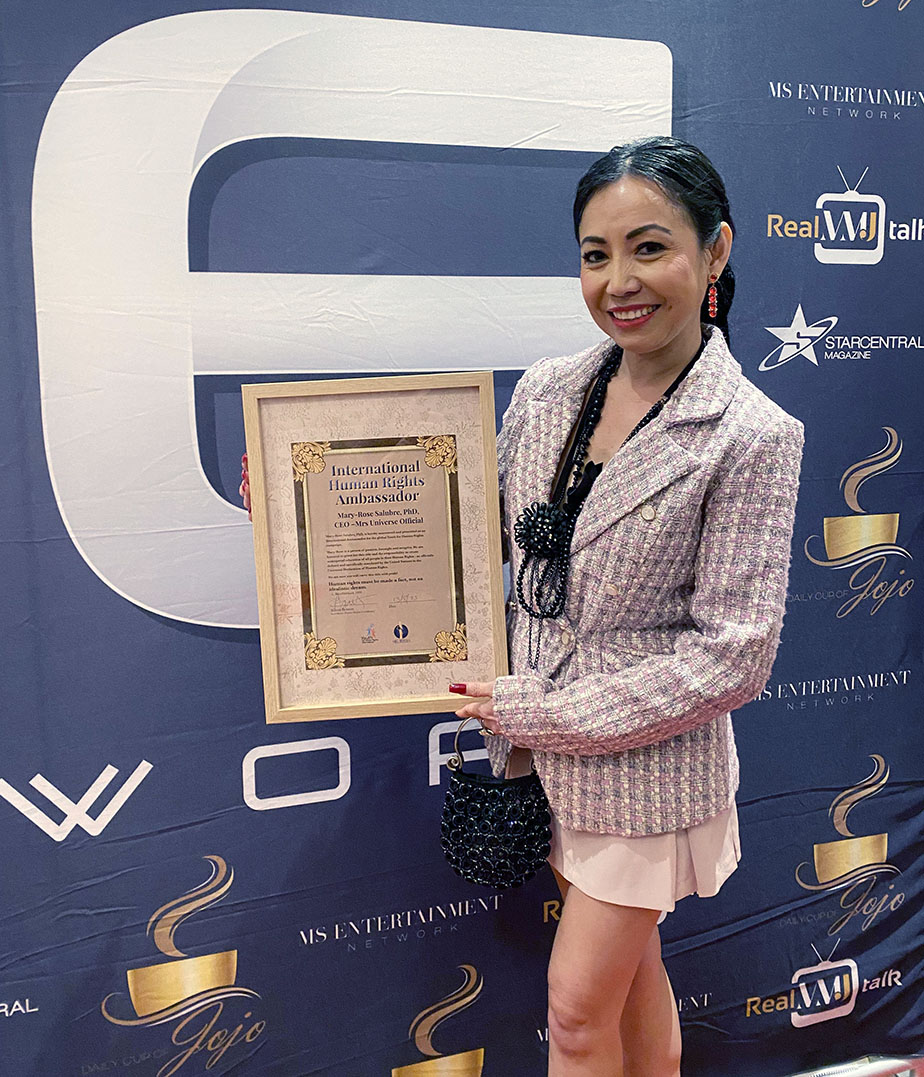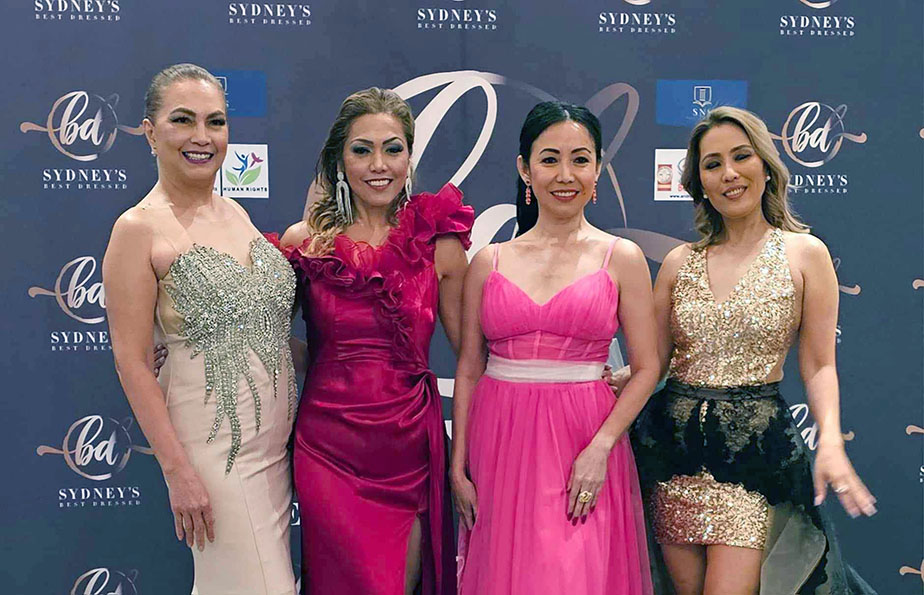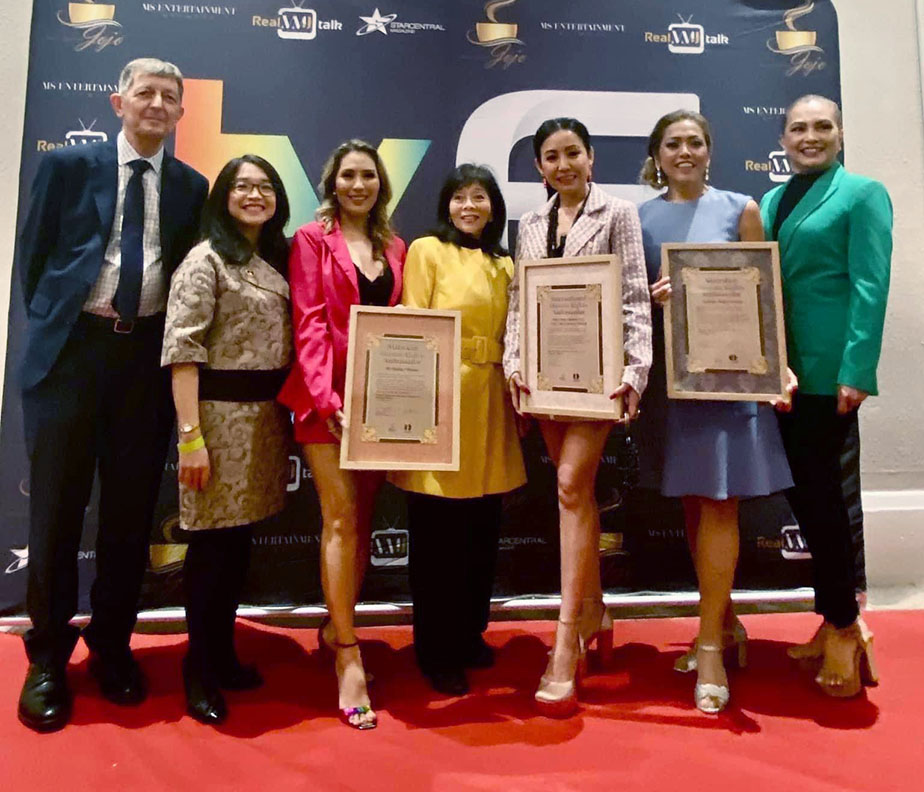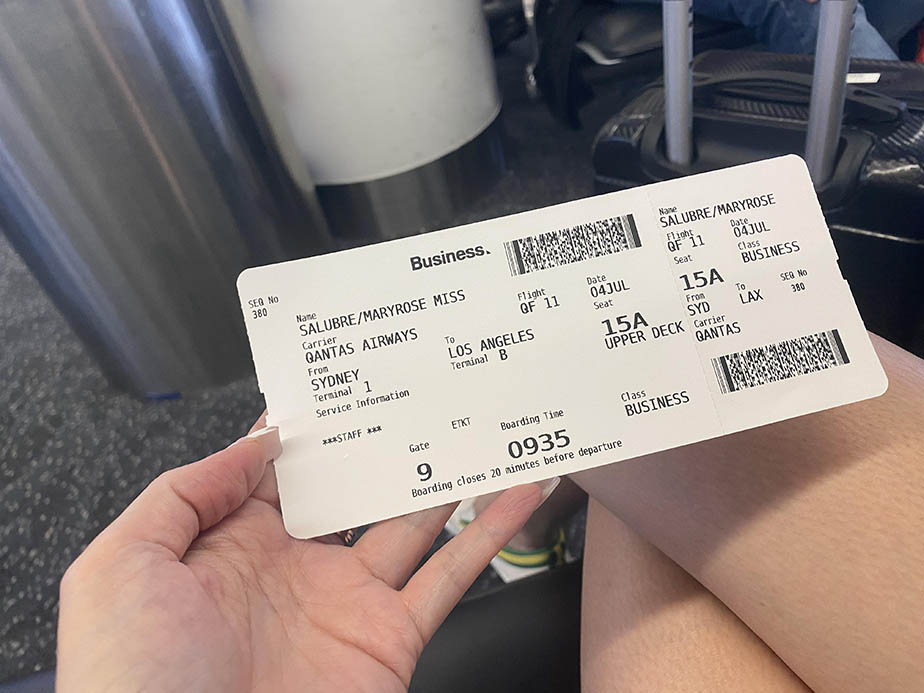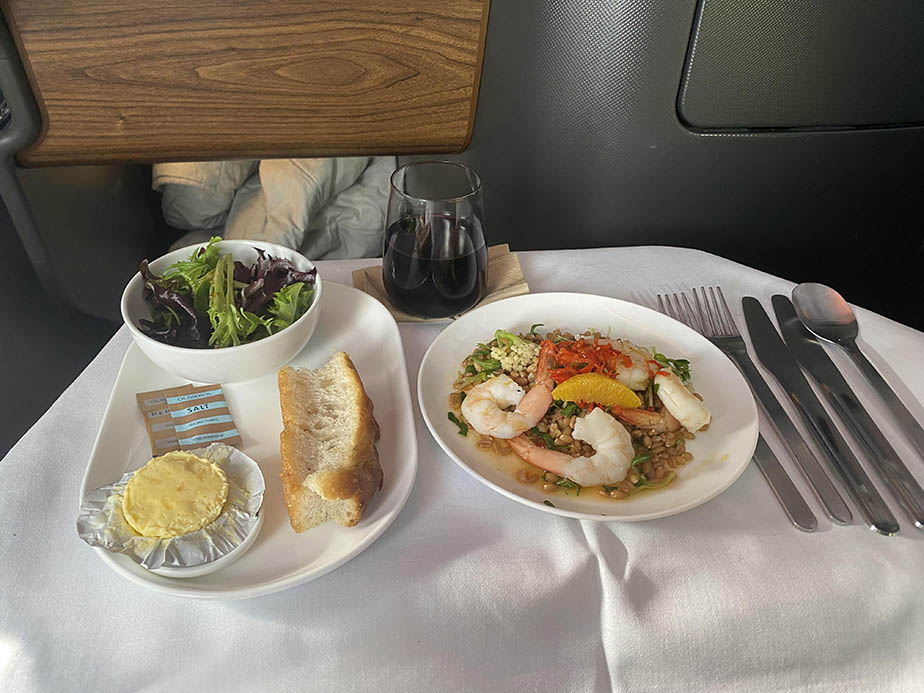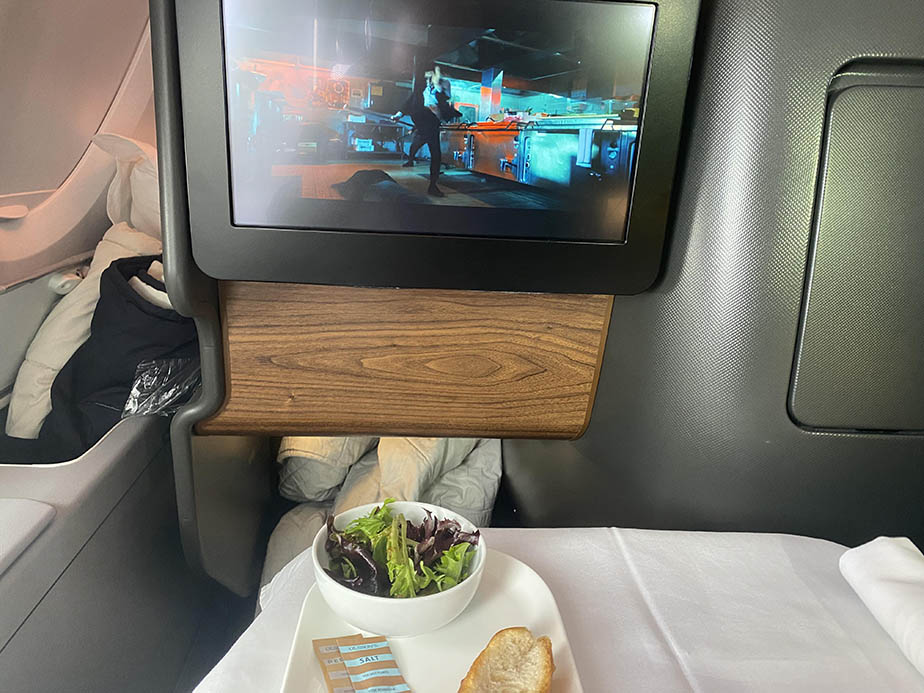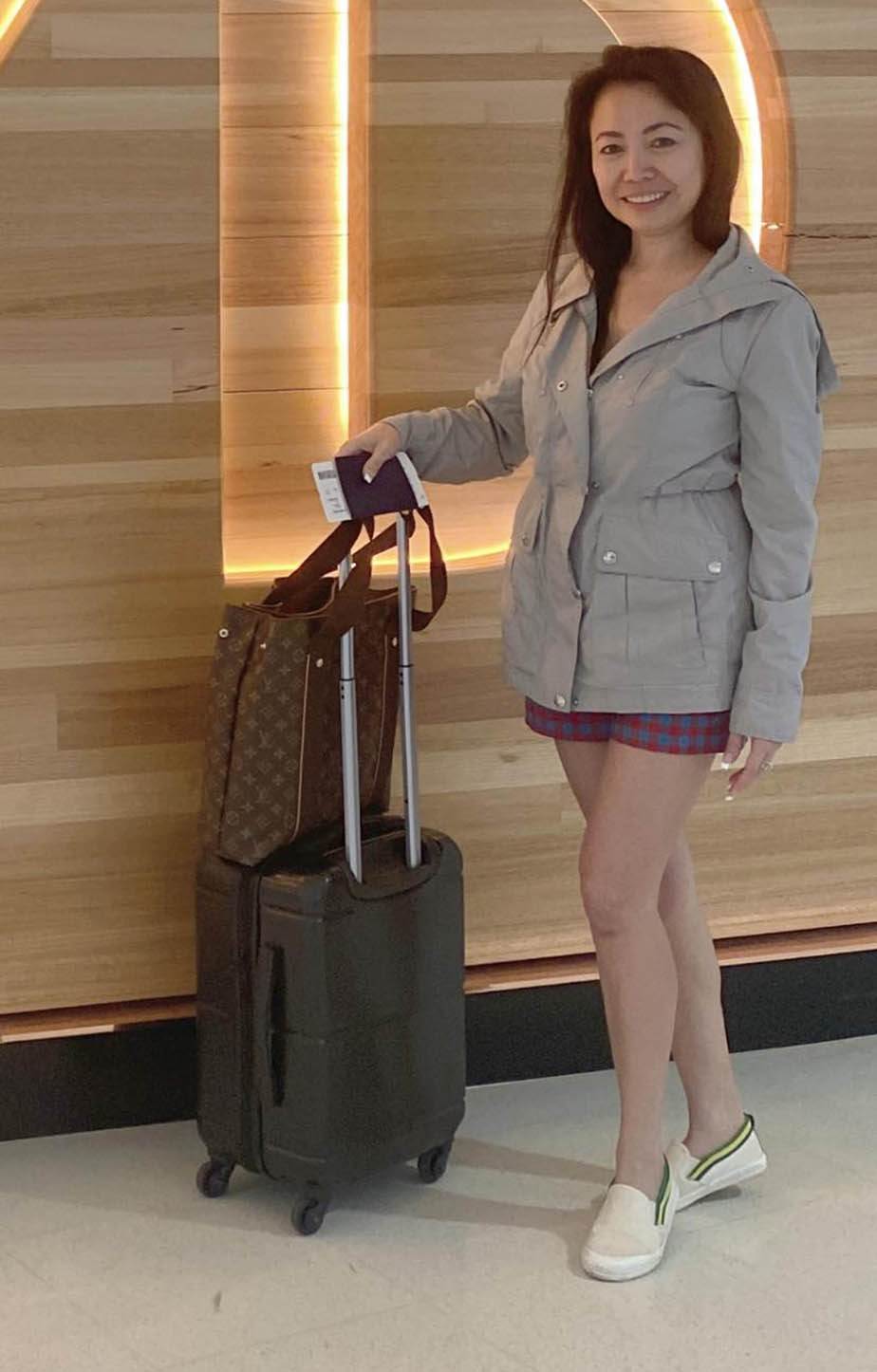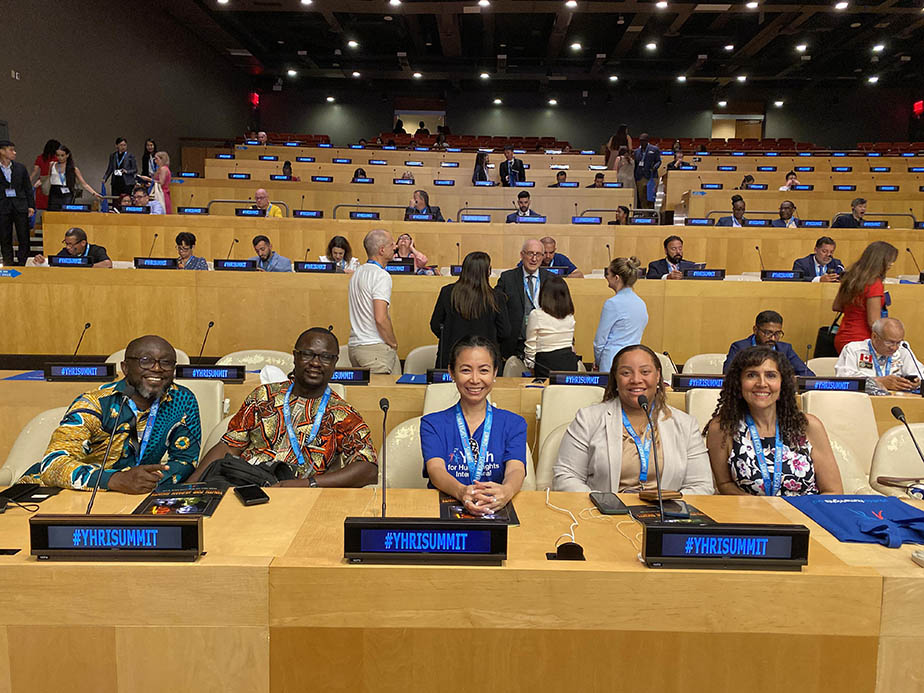I am writing in response to a Facebook post made by Sava Tsekov, the CEO/Founder of Most Responsible Spouse (Mrs) Universe, which directly addresses me, the CEO/Founder of Mrs. Universe Official. It has come to our attention that Sava’s statement, while referring to various pageants and events, also mentions Maryrose Salubre and Mrs. Universe Official, implying certain opinions and judgments about my brand.
Allow me to personally address Sava’s statement and provide a clear defense for Mrs. Universe Official.
Party 1: Sava Tsekov, the CEO/Founder of Most Responsible Spouse (Mrs) Universe
Party 2: Maryrose Salubre, the CEO/Founder of Mrs. Universe Official
SENTENCE 1
Party 1’s statement: In your Facebook post, you state that “Dear Friends, In the last few years we are witnesses of birth of any types of new pageants/events. It was not our job to comment them.”
Party 2’s response: Your assertion that it is “not [your] job to comment” could be seen as contradictory, as your statement itself is a commentary on the evolving landscape of pageants and events. Furthermore, the grammar and tone used in your statement have raised concerns about the credibility and professionalism of your communication. We believe that constructive discourse should be maintained when discussing industry matters.
SENTENCE 2
Party 1’s statement: In your post, you stated, “since we do not need to prove ourself, but after last brutal attack against some of our national directors and confusion of the delegates we need to make this post.”
Party 2’s response: Your reference to a supposed “brutal attack” raises significant concerns. To enable a comprehensive response, kindly provide a detailed account of the circumstances surrounding this event. Information such as dates, individuals involved, and actions taken will assist in gaining a clear perspective of the situation.
SENTENCE 3
Party 1’s statement: In your post, you mentioned “We gonna call it THE ORIGINAL MRS UNIVERSE POST. This event has started from 60s of 20 century.”
Party 2’s response: I would like to request further and more comprehensive details about your claim that Most Responsible Spouse Universe is “THE ORIGINAL MRS UNIVERSE.” If this event indeed began in the 1960s, as you mentioned, please provide substantiated information such as a history of registrations, company records, or other verifiable documents to validate your assertion. Your assertion seems to imply that you would now be in your 70s, assuming I am interpreting your statement correctly. However, focusing on accurate information exchange remains paramount in this situation.
SENTENCE 4
Party 1’s statement: In your post, you mentioned “This event has started from 60s of 20 century but stop working and we resurrected it in 2007 and we choose our winners every year from 2007 till now.”
Party 2’s response: I find your actions concerning the labeling of your event as the “46th Mrs Universe Manila, Philippines” to be misleading and deceptive. This apparent contradiction raises concerns about the accuracy and transparency of your event’s nomenclature. This conduct appears to conflict with the principles upheld under the Australian Consumer Law (ACL) sections 236 and 237, which prohibit misleading and deceptive practices.
Annexure A contains Sava’s post along with accompanying evidence, indicating the mention of the 46th Mrs Universe event – Sava’s post.
SENTENCE 5
Party 1’s statement: In your post, you mentioned “In Manilla, Philippines from 1 to 9 October we will make the 46th event. The company of MRS UNIVERSE LTD, based in Sofia, Bulgaria registered official the trademark of Most Responsible Spouse Universe, MRS UNIVERSE.”
Party 2’s response: I am perplexed by the reasoning behind your criticism aimed at the Australian-based Mrs Universe Official. Given your own statement that unequivocally designates your event as “Most Responsible Spouse Universe,” I kindly request that you cease actions that might inadvertently contribute to confusion among individuals.
SENTENCE 6
Party 1’s statement: In your post, you mentioned “Now this trademark is registered in more then 50 countries all over the world. We do that because we believe that every pageant/event need to have a purpose.”
Party 2’s response: You mentioned that your trademark has received registrations across more than 50 countries, I want a better understanding of its current status. I want to request further clarification on the status of your trademark. Is it currently active or pending? Has it ever expired? I believe additional details are essential to ascertain the legitimacy of this claim.
SENTENCE 7
Party 1’s statement: In your post, you mentioned “The event is for married, divorced, widowed woman from 18 to 55 years old. We starts our campaign against the domestic violence in 2011 and every delegate in our event need to prepare a report with this topic, whom will report it in our finals. Our delegates do a great work and we are witnesses of many resolved cases against domestic violence, a lot of shared real personal stories. So this is how we started and our event is recognized officially as MRS UNIVERSE.”
Party 2’s response: Re: your advocacy, as you have stated that you are recognized, please provide further and more comprehensive particulars, such as any certificates issued by government regulators or relevant write-ups, to substantiate your claims. In response to your query regarding the recognition of our advocacy, to provide a more comprehensive understanding, I am prepared to furnish pertinent documents such as certificates from government regulators and relevant write-ups that validate our commitment and achievements in this area. Mrs Universe Official’s credentials and accomplishments are substantiated by endorsements and support from various esteemed entities. This includes departments of education, hospitals, legislative offices, diplomats, administrators, as well as the affiliation of the Youth Human Rights body with the United Nations in New York.
Enclosed as Annexure B are several documentations bundled together for your reference.
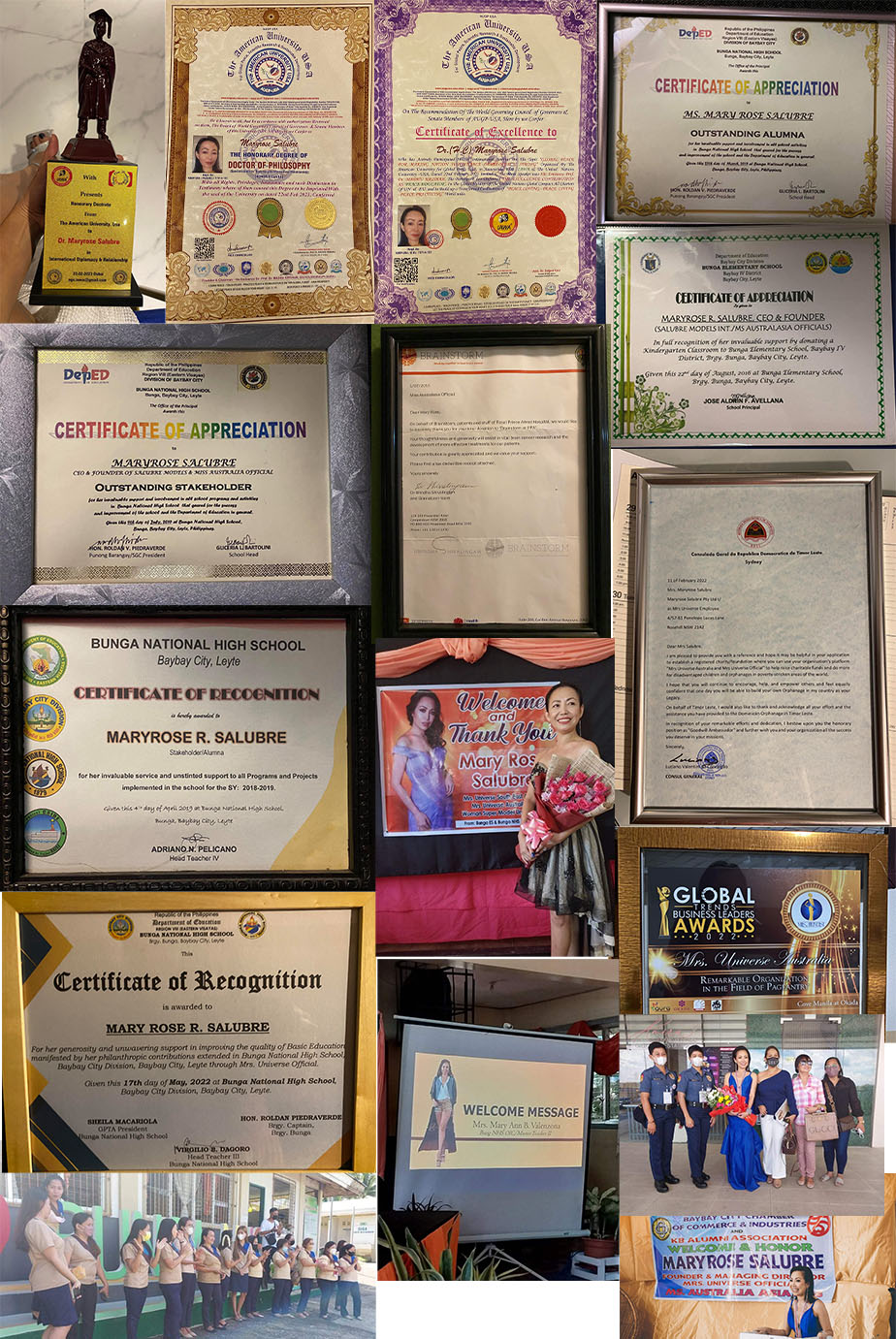
SENTENCE 8
Party 1’s statement: In your post, you mentioned “We do the biggest Mrs. event and we have more then 100 delegates every year in the last few years. This is reward for our job, since we work and do quality products and events whom we think that every delegate deserves. This is the short biography of us, the rest you can see it in our official web www.mrsuniverseltd.com , Facebook profile MRS Universe and Instagram account mrsuniverseofficial.”
Party 2’s response: Once more, I must stress the need for more comprehensive and detailed information. While your response seems to selectively address certain feedback, it appears that you have not adequately acknowledged negative feedback following your events. How can you assure the quality of your events when incidents arise where individuals cause disruptions after the show? This raises concerns about your capacity to ensure high standards. Furthermore, it’s important to consider how you can guarantee the quality of your offerings in situations where individuals create disturbances post-event. Although these individuals may wish to maintain their privacy, it’s worth noting that evidence can be obtained if and when necessary, especially in the context of substantive trials. This ensures fairness and accountability in assessing event quality and handling feedback.
SENTENCE 9
Party 1’s statement: In your post, you mentioned “Now directly to the topic for the one of the new events whom are attacking brutal our national directors, our company and confusing the delegates.”
Party 2’s response: I request more detailed and comprehensive information regarding the purported attack. It is crucial to provide specific details such as the circumstances surrounding the alleged incident, including the time, location, and individuals involved. Clarity on these particulars is essential for a thorough understanding of the situation.
SENTENCE 10
Party 1’s statement: In your post, you mentioned “This event is called Mrs. Universe official.”
Party 2’s response: The business name mentioned above is accurate. However, it’s important to note that the provided ABN is also affiliated with Maryrose Salubre PTY LTD.
Additionally, I have registered the following names under the umbrella of my company, Maryrose Salubre PTY LTD:
– Mrs Universe Official
– Mrs Universe
– Mrs Universe Australia
– MS Universe
– Elite Mrs Universe
– Mrs Universe Foundation LTD.
Annexure C includes a collection of registered documentation, all of which are genuine copies.
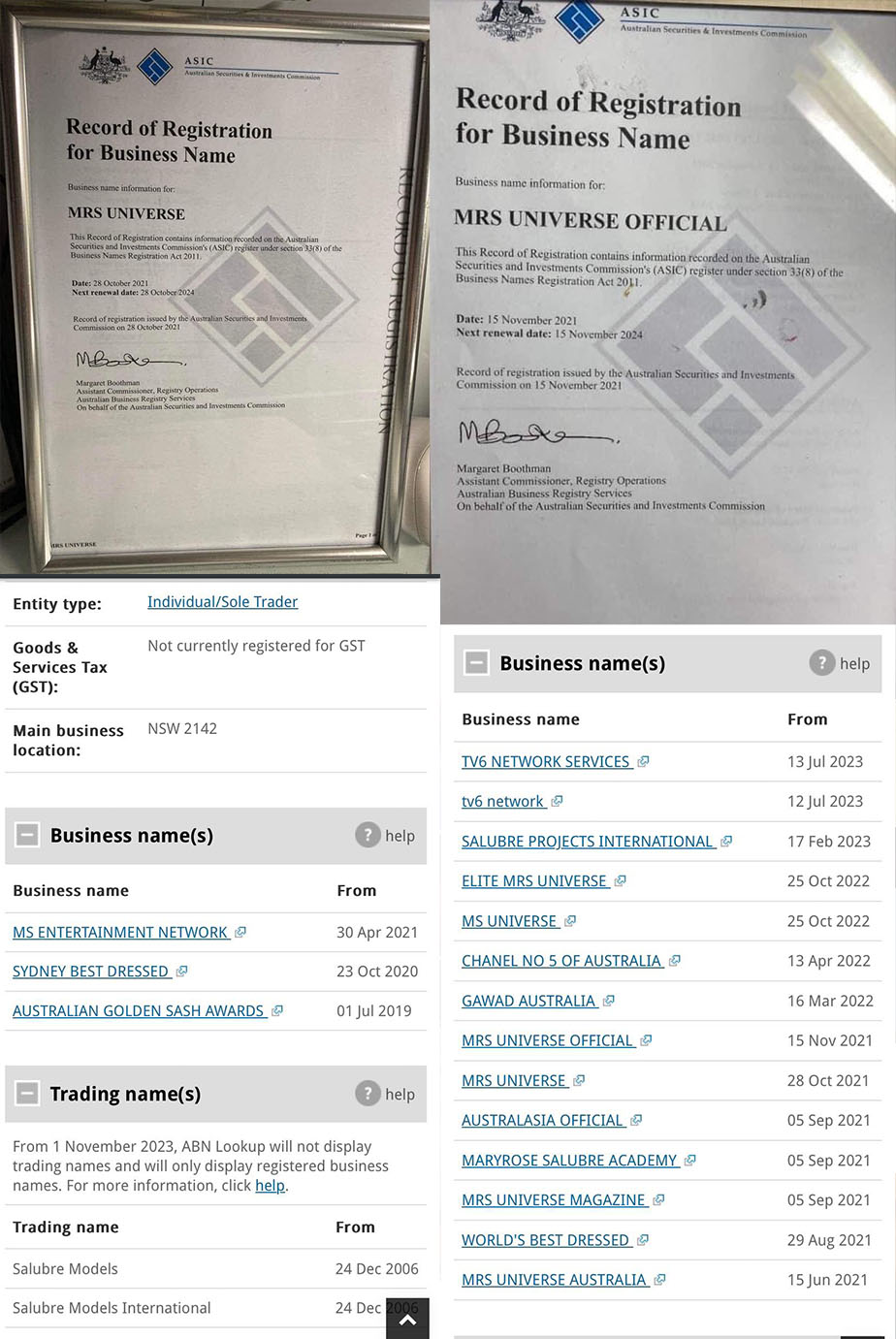
SENTENCE 11
Party 1’s statement: In your post, you mentioned “It was made from our ex national directors.”
Party 2’s response: Once more, I request more comprehensive and detailed information. Specifically, I urge you to provide further and improved particulars, such as any signed heads of agreement related to the national directorship. It’s important to clarify the specifics of when, how, and with whom this agreement was established. This level of detail is crucial for a thorough understanding of the circumstances surrounding the national directorship.
SENTENCE 12
Party 1’s statement: In your post, you mentioned “thats why they try to use the similarity with our event and to confused the delegates.”
Party 2’s response: I strongly disagree with this statement, as we aim to avoid any association with your organization. Upon reviewing the registered business names, it becomes evident that our intention is to prevent confusion and maintain our distinct identity as Mrs Universe Official.
SENTENCE 13
Party 1’s statement: In your post, you mentioned “The directors are ex since WE decide to do not work with them, since they are a people with, lets say disputed history.”
Party 2’s response: I must reiterate my request for more extensive and refined information. Specifically, I urge you to provide additional and improved details, such as the specific director or directors involved, and whether there are signed heads of agreements associated with them. The reason for my decision to distance myself from your brand is quite clear. Your national director, Ms. Charo, has been implicated in extorting money from candidates who were desperately seeking help. This occurred not just once, but during two consecutive events in 2021 and 2022. These distressing incidents are well-documented, as evidenced in a post shared by Bitag by Tulfo, which can be accessed at the following link: Mrs. Universe in Bitag. Despite these serious issues, you have not indicated your intention to resolve the matter.
Annexure D provides an authentic reproduction of the issues associated with Mrs Universe 2021.
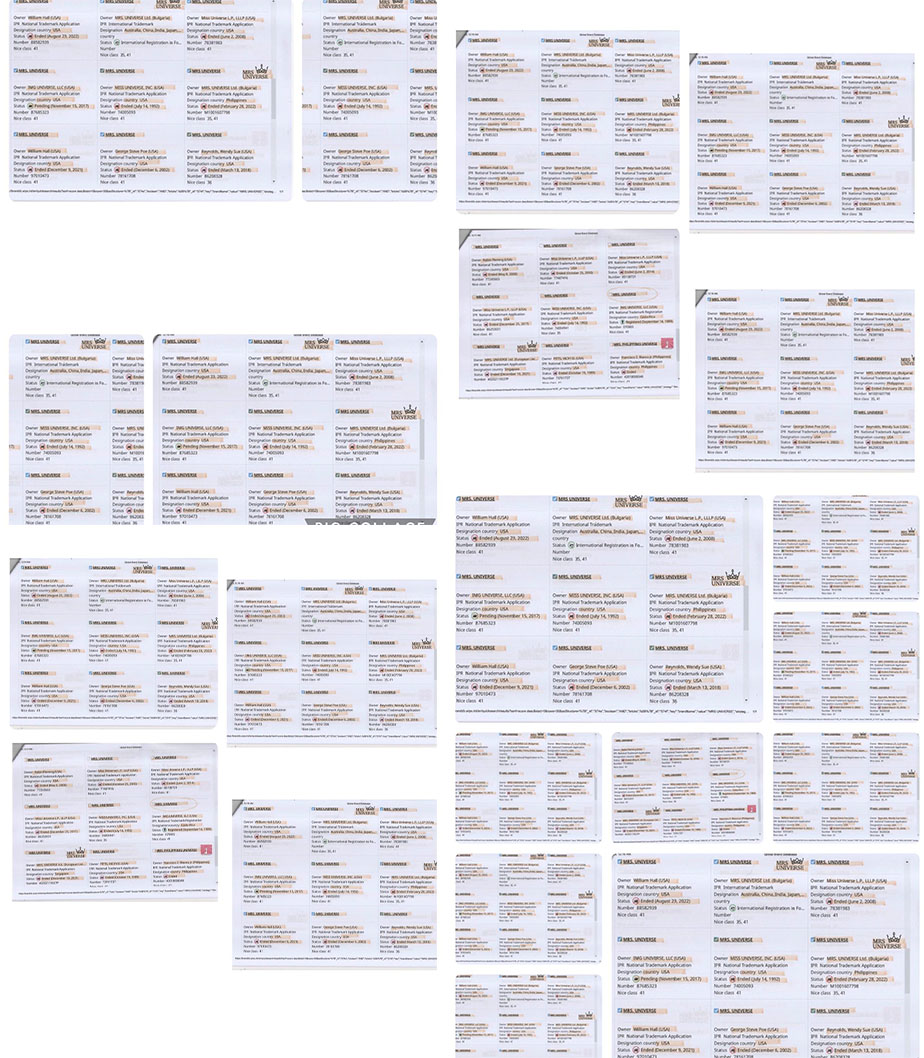
SENTENCE 14
Party 1’s statement: In your post, you mentioned “So they decide to make new event.”
Party 2’s response: I strongly disagree with your statement, as I have a business named Salubre Models that was officially registered and established back in 2006. The primary aim of this venture was to provide opportunities for my models, predominantly school teenagers, who later appeared in an Australian TV series. The underlying goal was to offer these young individuals financial stability and support.
SENTENCE 15
Party 1’s statement: In your post, you mentioned “This is ok with us since everyone can work and make own event/pageant and etc. But this people attack brutal our directors, do not say the truth and confusing delegates, also they try to attack us too, so we need to explain the situation and to defend.”
Party 2’s response: Once more, I emphasize the importance of providing more comprehensive and improved particulars. Without such details, your allegations lack substantiation and could potentially harm the reputation of others. I find your statement perplexing and concerning, as it has the potential to result in significant damages. I strongly advise you to consider the implications and be aware that such actions may lead authorities to pursue legal actions against you.
SENTENCE 16
Party 1’s statement: In your post, you mentioned “They pretend that they have business registrations at the territory of Australia – see photos 2 and 3. Lets explain to all confused people that this is a business registration of company and everyone can do that in their country.”
Party 2’s response: I strongly disagree with the allegations you’ve made. As citizens of Australia, we uphold different standards; what might be acceptable in your own country may not align with our values in Australia.
Annexure E presents an accurate duplicate of my business name, Maryrose Salubre PTY LTD.
SENTENCE 17
Party 1’s statement: In your post, you mentioned “With this business registration you just can trade tomatoes, eggs, water or to use the company for housekeeping.”
Party 2’s response: Your preceding statement unmistakably reveals an exuberant display of ignorance. It seems you are assessing others based solely on your own standards.
SENTENCE 18
Party 1’s statement: In your post, you mentioned “You do not have the right to make pageants and event with this registration. To make events and pageants you need to have REGISTERED TRADEMARK. The trademark have classes that you need to fill and to declare for what reason you will use it.”
Party 2’s response: Evidently, your understanding of trademarks appears limited. The act of trademarking involves securing a unique emblem or symbol, much like the iconic Coca-Cola logo that has garnered substantial recognition and value over time. Engaging in any form of replication of such logos would undoubtedly lead to copyright infringement issues.
Annexure F serves as an accurate representation of the original Mrs Universe Official logo. It consists of my authentic photograph transformed into a silhouette, with the official insignia displayed in the background of my sash.

SENTENCE 19
Party 1’s statement: In your post, you mentioned “to make events, to trade with potatoes or housekeeping. These people DO NOT HAVE REGISTERED THEIR OWN TRADEMARK NAME. They have application for the name of MRS. UNIVERSE MARYROSE SALUBRE OFFICIAL EST. 2006. This is the trademark that they APPLY FOR (see the link) – https://www.tmdn.org/tmview/… Only at the territory of AUSTRALIA, but this trademark is NOT REGISTERED.”
Party 2’s response: Similar to your own trademark application, which encountered a pending status owing to an objection from Miss Universe based in New York, it’s worth noting that the Salubre trademark pertains exclusively to a logo, as depicted in the aforementioned paragraph 18.
SENTENCE 20
Party 1’s statement: In your post, you mentioned “Also and very IMPORTANT. Every trademark owner need to spell and use the owned trademark in her own. So the event need to be called MRS. UNIVERSE MARYROSE SALUBRE OFFICIAL EST. 2006, Not MRS UNIVERSE OFFICIAL ONLY. This is whom confused the delegates. What this application for trademark means.”
Party 2’s response: Once more, I refer to paragraph 18 for further clarification. Please refrain from causing confusion among others by repeatedly labelling my brand as fake. In truth, it is your brand that holds the title of being the most deceptive and misleading entity. Such actions fall under the purview of false and misleading conduct, as stipulated by the ACL ACT SECTION 236 & 237.
SENTENCE 21
Party 1’s statement: In your post, you mentioned “That some person apply to registration of her own name. Well i can register my name Sava Tsekov like that or my mother, brother or even my dog like that, but this do not give me the right to use only the part of this trademark and to use only the part of this trademark that i wish. I will repeat again. This is only application for trademark, not officially registered trademark.”
Party 2’s response: Cease the act of indulging in delusions; such behavior may be deemed acceptable in your country, but it holds little significance elsewhere.
SENTENCE 22
Party 1’s statement: In your post, you mentioned “I respect the right of all people to make events and pageants. We loved to have a competition for the quality of the events since the delegates will get better product, but the people need to be correct in this business. The problem is that they are not. They trying to confused the delegates and directors.”
Party 2’s response: There exists no rivalry between your brand and mine, as we both serve distinct purposes for those in need. It’s important to emphasize that we do not engage in practices like extorting money from candidates, nor do we face investigations similar to those highlighted by Bitag by Tulfo in the Philippines.
SENTENCE 23
Party 1’s statement: In your post, you mentioned “For this reason is our post. To tell you the reality and the truth from our eyes. You like delegates and directors can apply and participate everywhere. But think how you will spend your investment. Since everyone of you invest when participate. The air tickets, fees, clothes, hair and make up, stress, time, all is investment. Be sure where and for what purpose you invest and how you gonna spend your money and time. And of course what you will get. And please check all before your investment.”
Party 2’s response: This indeed represents the reality. It is apparent that your queens have been led astray, influenced by you to accept money without a just evaluation process. I urge you to elucidate to the public how you ensure impartial judging, especially considering the fact that you personally announce the winners. Such a situation strongly implies that you were already aware of the winners before the grand finale.
SENTENCE 24
Party 1’s statement: In your post, you mentioned “We are in 21 century and you can see all via internet. Please make research before you apply and go somewhere since you can be a victim of fraud and to sorry about your lost of investment after that.”
Party 2’s response: Clearly, you are evaluating others based on your own criteria and recklessly labelling me as a fraud without substantial proof. If circumstances were different and you were located in Australia, I would take legal action against you without hesitation.
SENTENCE 24
Party 1’s statement: In your post, you mentioned “P.S. We will not argue with anyone. We just share with you the truth from our eyes. If someone is offended, especially the officials… please contact our lawyer Smilena Stoilova at smilena_stoilova@abv.bg.”
Party 2’s response: Now, the question arises: who truly embodies the characteristics of a scammer and a fraud? It would be prudent for you to demonstrate qualities of a responsible leader. It’s disheartening that individuals like you exist, and your claim to ownership of a brand is sadly marred by deceit and inadequacy. I implore these queens to awaken to the reality. It’s time to recognize the extent of manipulation they have been subjected to by Sava. This individual has artfully manipulated the system and it’s only a matter of time before authorities uncover the truth — how money has been extorted from vulnerable candidates.
SUBMISSION
I am writing to address recent statements made in a post which mentioned both my organisation and myself. It is essential to clarify certain points and ensure that the record is set straight regarding these matters.
Firstly, it is accurate to acknowledge that the beauty pageant and modelling industry, like many others, continually sees new platforms and events emerging. This dynamism is a fact of the industry’s evolution. However, it is equally important to note that not all of these platforms meet industry norms and criteria, and some may even lack substance and credibility.
Within this landscape, there are organisers driven purely by financial gain or personal objectives, often at the expense of their contestants who may not have genuine advocacies or meaningful causes they support.
On the other hand, there exist non-profit organizations such as ours, Mrs. Universe Official Foundation LTD. We take immense pride in our flagship event, Mrs. Universe Official, a five-star quality beauty pageant known for its dedication to the advocacies and charities of its contestants. Our work is recognised and respected by government and semi-government organizations, including brain cancer hospitals, orphanages, schools, churches, and more, not only within Australia and the Philippines but on a global scale.
To ensure the highest standards of transparency and compliance, our organisation is supported by a team of Australian qualified and experienced professionals. These include Mr. David Fu CPA and IPA, who oversee our financial matters, and Mr. Rudy Frugtniet, with a Bachelor of Law and a Master’s in Law from Deakins University in 2003. Mr. Frugtniet is our company’s legal officer, responsible for ensuring our strict adherence to all relevant regulations and legal matters.
Regarding the term “BRUTAL ATTACK” mentioned in your post, there is a lack of clarity surrounding this statement. It is imperative that we understand the specifics of this claim, including who was involved, and the reasons behind it, for an appropriate response.
Upon conducting a Google search of your organisation in relation to the Mrs. Universe Philippines 2021 event, it became apparent that several issues had arisen during that time. I took it upon myself to advocate on behalf of those affected by these issues. However, it appears that my efforts were met with no response or acknowledgment from your end. Subsequently, a similar set of issues recurred in the 2022 event, garnering substantial attention through BITAG by Tulfo. Unfortunately, these concerns remained unaddressed, raising questions about your organisation’s commitment to its stated advocacy of raising awareness to STOP AND PREVENT DOMESTIC VIOLENCE.
The issues surrounding these events extend beyond mere misunderstandings; they involve allegations of emotional violence directed towards the contestants who were subjected to extortions. The available evidence paints a troubling picture of individuals being misled by your purported national director, Chara Calalo Uy. Such behaviour represents a clear case of misleading and deceptive conduct, wherein individuals may have incurred significant financial losses due to a selection process seemingly motivated by financial incentives. It is disheartening to consider that your pageant, which touts itself as Most Responsible Spouse Universe, may be perceived as operating under the moniker “CROWNS FOR AUCTION.”
Turning our attention to the matter of confusion and potential dishonesty, it is worth noting that your Australian representative’s actions are currently under scrutiny. Based on the information available, it is likely that this individual will face exposure, potential deregistration, and significant financial penalties as a result of their alleged deceptive behaviour. These actions are considered to be in direct contravention of consumer protection laws and corporate regulations.
Furthermore, your assertion that your organisation has been in operation since 1960 raises questions that necessitate substantiation. Transparency is of utmost importance, and we request that you provide concrete evidence to support this claim. Tax records and financial assessments would be valuable in this regard, as they can serve to validate the authenticity of your organisation’s establishment date. It is also crucial to refrain from making defamatory statements without substantial evidence, as this can lead to legal consequences.
The attached evidence, while significant, should be viewed as allegations accompanied by annexures. In the event that these matters escalate, we want to emphasize our commitment to pursuing all necessary avenues, including obtaining correspondence via subpoena.
For the benefit of individuals from the general public and contestants who may have misconceptions about Mrs. Universe Official’s brand recognition by government bodies and the United Nations, it is crucial to clarify any confusion between Mrs. Universe Official and a separate entity in Sofia, Bulgaria, known as Mrs. Universe OF Australia. The latter entity has allegedly engaged in misleading practices, including intentionally deceiving the Australian Securities and Investments Commission (ASIC), and as a result, is currently facing potential deregistration.
Should you require further elaboration or clarification on this matter, I encourage you to direct any inquiries to our company’s legal officer, Mr. Rudy Frugtniet, who can be reached at frugtnie@aapt.net.au.
Furthermore, I have attached my resume, detailing my credentials and achievements, for your reference. I am equally interested in learning about your academic background and qualifications.






